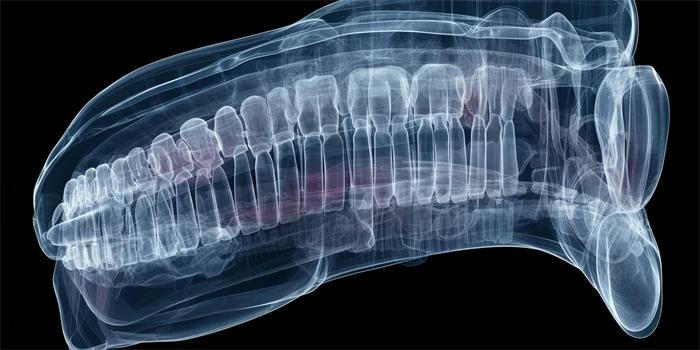Pros and Cons of Dental Crowns in Hanuabada
Dental crowns are a common dental restoration procedure used to protect, cover, and restore the shape of teeth when fillings do not solve the problem. In Hanuabada, as in many other parts of the world, dental crowns are widely used due to their effectiveness and versatility. However, like any dental procedure, they come with their own set of advantages and disadvantages. This article will explore the pros and cons of dental crowns in Hanuabada, focusing on several key aspects.

1. Durability and Longevity
One of the primary advantages of dental crowns is their durability. Crowns made from materials like porcelain, ceramic, or metal can last for many years, often up to 15 years or more with proper care. This makes them a long-term solution for damaged or weakened teeth. However, the longevity of a crown can be influenced by factors such as oral hygiene practices and the patient's diet. Poor oral hygiene can lead to decay around the crown, reducing its lifespan.
2. Aesthetics
Dental crowns can significantly improve the appearance of teeth. Porcelain and ceramic crowns are particularly popular due to their ability to mimic the natural look of teeth. In Hanuabada, where maintaining a pleasing smile is important, these aesthetic benefits are highly valued. However, it's important to note that the color and shape of the crown need to be carefully matched to the surrounding teeth to ensure a natural appearance. Misalignment or poor color matching can result in a noticeable and undesirable difference.
3. Functionality
Crowns restore the functionality of damaged teeth, allowing patients to bite and chew as they normally would. This is crucial for maintaining proper nutrition and overall health. However, the process of getting a crown involves multiple visits to the dentist, which can be inconvenient for some patients. Additionally, the procedure itself can be uncomfortable, although modern dental techniques aim to minimize pain and discomfort.
4. Cost
The cost of dental crowns can vary widely depending on the materials used and the complexity of the procedure. In Hanuabada, as in other regions, insurance coverage for dental work can also impact the out-of-pocket expenses for patients. While crowns are generally considered a worthwhile investment due to their durability and effectiveness, the upfront cost can be a significant consideration for many individuals.
5. Preservation of Tooth Structure
Dental crowns can help preserve the remaining natural tooth structure by providing a protective layer. This is particularly beneficial for teeth that have undergone root canal treatment or have significant decay. However, preparing a tooth for a crown involves removing a portion of the natural tooth, which cannot be reversed. This is a critical consideration as it permanently alters the tooth.
6. Potential for Complications
While dental crowns are generally safe, they can sometimes lead to complications such as sensitivity, gum irritation, or even the failure of the crown itself. Regular check-ups and proper oral hygiene are essential to minimize these risks. In Hanuabada, where access to dental care might be limited, ensuring regular follow-up visits is crucial for the success of the crown.
FAQ
Q: How long does a dental crown last?
A: Dental crowns can last between 5 to 15 years or more, depending on the material used and how well they are maintained.
Q: Are dental crowns painful?
A: The procedure for placing a dental crown is typically not painful, as dentists use local anesthesia to numb the area. However, some discomfort may be experienced during the recovery period.
Q: Can dental crowns be used to improve the appearance of my teeth?
A: Yes, dental crowns can significantly improve the appearance of teeth, especially when made from porcelain or ceramic materials that closely match the natural color and texture of your teeth.
Q: How much do dental crowns cost?
A: The cost of dental crowns can vary widely depending on factors such as the type of material used, the complexity of the procedure, and whether insurance covers part of the cost. It's best to consult with a dentist for an accurate estimate.
In conclusion, dental crowns offer a robust solution for various dental issues, enhancing both the function and appearance of teeth. However, potential drawbacks such as cost, the need for multiple visits, and the permanent alteration of natural tooth structure should be carefully considered. In Hanuabada, understanding these aspects can help patients make informed decisions about their dental health.




